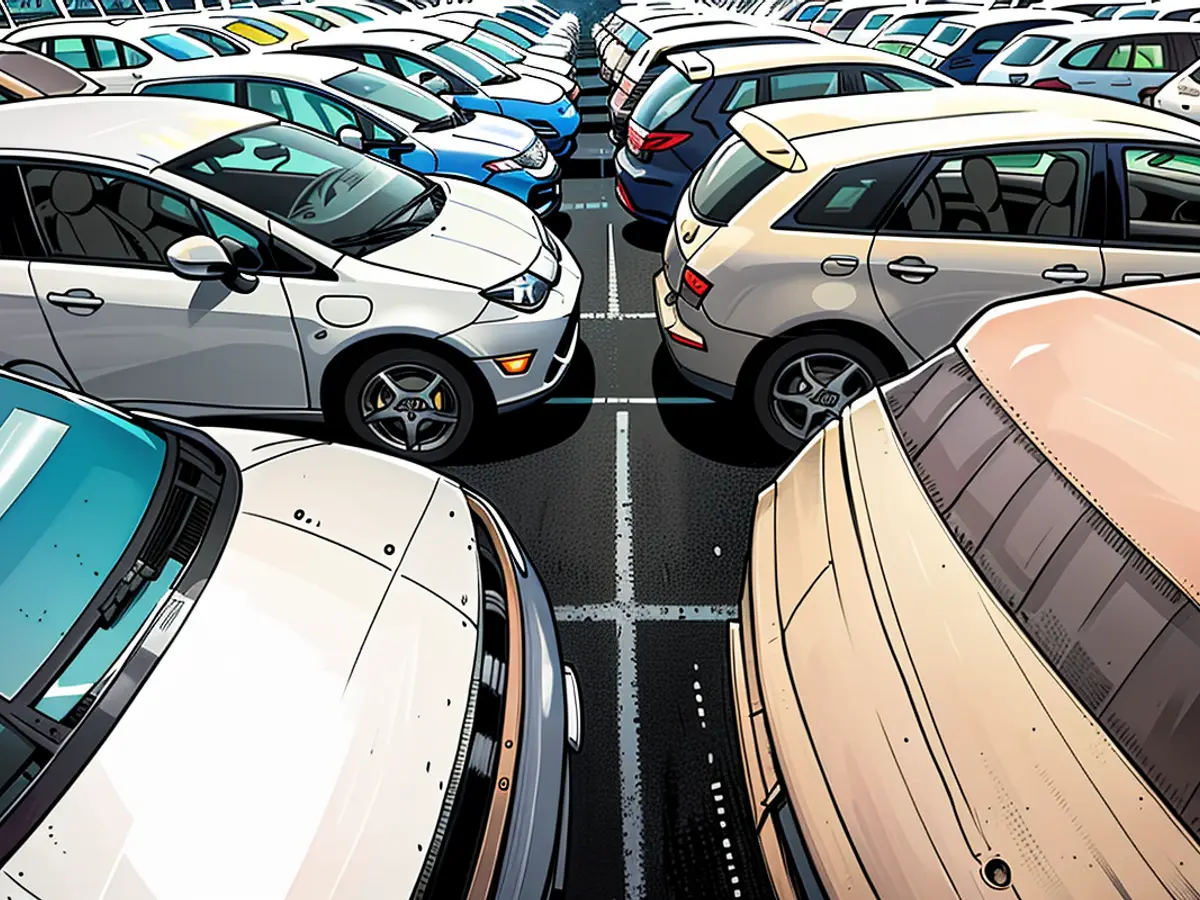Tension with China: EU Nations Pave Way for Auto Import Taxes
The European Union has the power to implement additional tariffs on electric cars imported from China, despite Germany's opposition. No significant number of EU countries voiced objections to this strategy, as reported by several EU diplomats. Consequently, the European Commission now has the authority to implement these tariffs, with a potential rate of up to 35.3%.
Despite Germany casting a vote against these tariffs in Brussels to halt them, they required a majority of EU countries to oppose the plan, representing at least 65% of the EU's collective population. Regrettably, this majority was not achieved. It should be noted that the German government was initially divided on this issue, with Chancellor Olaf Scholz stepping in just before the vote to settle the internal dispute. The finance and transport ministries, led by the FDP, advocated for a negative vote in Brussels, while the economics and foreign ministries, run by the Greens, urged abstention to continue seeking a diplomatic resolution with China.
Upon concluding an investigation, the European Commission determined that Beijing was utilizing subsidies to promote electric vehicles, thereby distorting the European market. While the implementation of these tariffs is tentatively scheduled for early November, they are subject to change depending on the outcome of negotiations with China. If a beneficial agreement is reached at the negotiating table, the tariffs may be abandoned.
Despite Germany's internal division and failed attempt to halt the tariffs, China remains a key trading partner for the European Union. Subsequently, China has expressed concerns over the proposed tariffs, calling for a diplomatic resolution to avoid escalating tensions.








